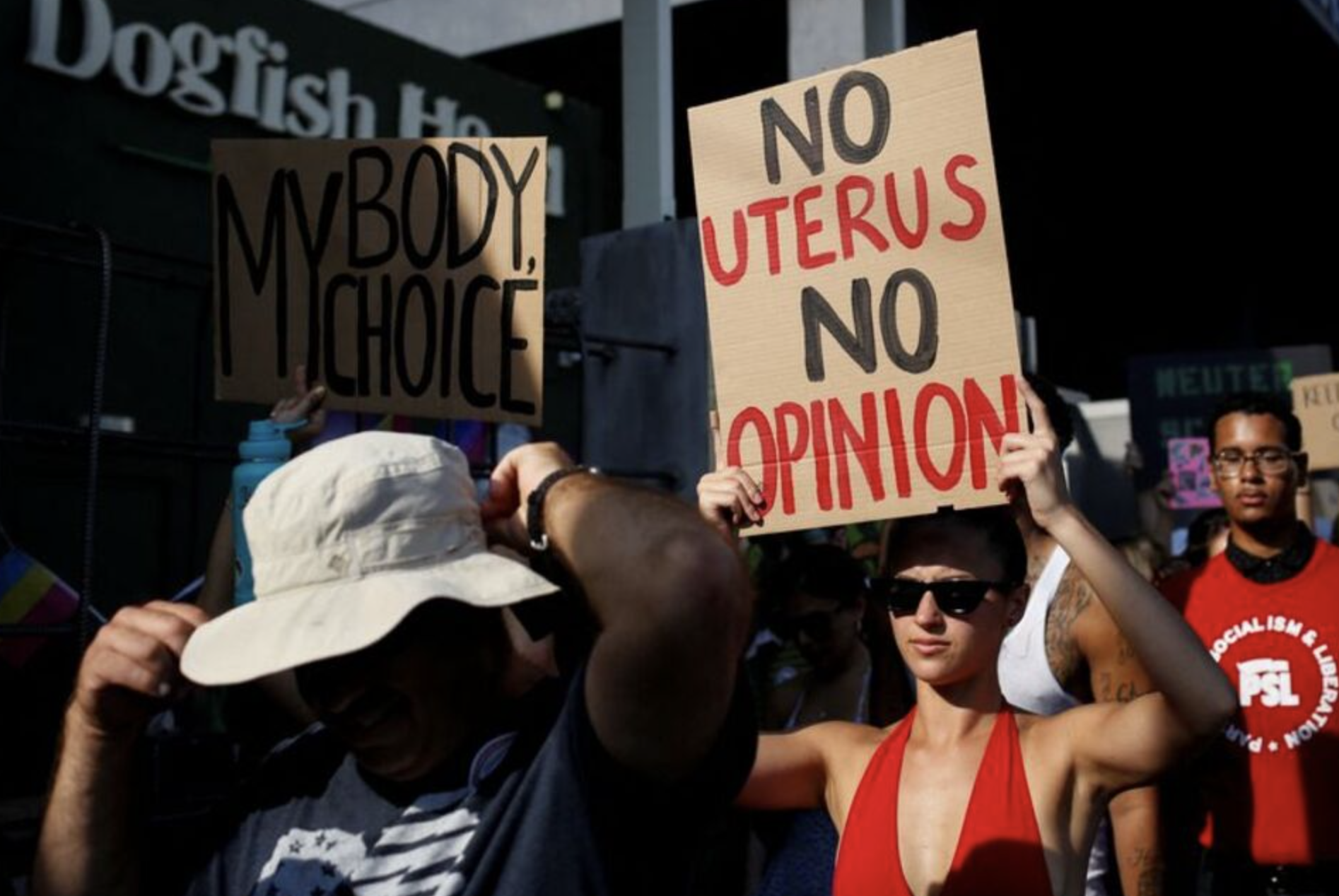“Fat Pride” Controversy at UCLA: Staffer’s Mandatory Lectures Label ‘Obesity’ as Violence, Spark Outrage from Harvard Doctor.
A prominent Harvard doctor has criticized UCLA Medical School for mandating that all first-year students read an essay by Marquisele Mercedes in a course on Structural Racism and Health Equity. Mercedes, who identifies as a ‘fat liberationist,’ argues in her essay, “No Health, No Care: The Big Fat Loophole in the Hippocratic Oath,” that ‘fatphobia is prevalent in medicine’ and views weight loss as ‘a futile effort.’ This reading is part of the required curriculum aimed at addressing health inequities.

The class syllabus, which the Washington Free Beacon acquired, outlines the content taught at the prestigious medical school, drawing scrutiny from experts across the country who challenge the course’s teachings. Jeffrey Flier, former dean of Harvard Medical School and a leading global authority on obesity, criticized the course, stating that the curriculum ‘spreads widespread and harmful misinformation.’
Jeffrey Flier, a former dean at Harvard Medical School, criticized UCLA for basing a required course on what he describes as “a socialist/Marxist ideology that is completely inappropriate.” He expressed astonishment at the course’s content, citing his extensive experience in medical education.
Marquisele Mercedes’ essay, included in the course, discusses the racialized medicalization and pathologization of weight. The syllabus indicates that she provides strategies for “resisting entrenched fat oppression.”
Mercedes argues that the term ‘ob*sity’ acts as a slur to inflict violence on specific groups, notably “Black, disabled, trans, poor fat people.” Flier contends that this perspective misrepresents obesity, which he views as a complex medical condition with severe health impacts across all demographics. He believes that imparting such “ignorant” ideas to medical students amounts to malpractice.
Additionally, Mercedes uses her social media to promote her ‘fat-positivity’ activism. In an Instagram post, she highlighted the challenges of being a “disabled Black fat person” striving for personal and collective liberation, and mentioned that being fat constitutes a disability.
She has also conducted presentations on the topic of how ‘anti-fatness manifests in your work,’ criticizing the use of ‘fear-mongering language to promote healthy eating and physical activity.’
In a public health seminar, Mercedes taught that ‘fat people face daily challenges due to anti-fatness in all aspects of life and at every age.’
She argues that ‘choosing to seek healthcare often means that fat people are likely putting themselves at risk.’
Mercedes represents one perspective in the growing ‘fat-positivity’ movement. Virginia Sole-Smith, another advocate in this area, has stirred controversy by arguing that childhood obesity is not the issue; rather, it is the bias against fat that poses a problem.
Virginia allows her children to eat whatever they choose, even if it contradicts her ex-husband’s preferences, who once found his daughter eating a stick of butter.
She wrote “Fat Talk: Parenting in the Age of Diet Culture” and promotes the elimination of diet culture and anti-fat bias.
On the Pressure Cooker podcast, Sole-Smith expressed, “We don’t parent based on body size. Focusing primarily on your child’s eating habits and physical activity with the aim of controlling their weight can be very damaging.”
While Sole-Smith’s book has reached the New York Times bestseller list and she has become a sought-after voice for parenting advice, some critics argue she promotes an unhealthy lifestyle.
Caroline Hailstone commented on one of Sole-Smith’s Instagram posts, saying, “It’s not OK to be overweight, to consume excessive sugar and animal fats, to eat junk food, to be inactive, or to advocate that being overweight is entirely acceptable.”
Similarly, Mercedes has faced considerable backlash, and Jeffrey Flier is not the only expert critical of UCLA for incorporating her ideas into their course curriculum.
Nicholas Christakis, a sociologist with decades of experience providing medical care in underserved areas like Chicago’s South Side, has criticized the curriculum at UCLA as ‘nonsensical’ and described the course as ’embarrassing to UCLA.’
Additionally, first-year medical students at UCLA had to attend a controversial lecture by a pro-Hamas activist who required them to pray to ‘mama Earth,’ while a faculty member attempted to pinpoint a student who declined to participate.
The lecture, a required segment of the Structural Racism and Health Equity class, was conducted by pediatrician Lindsay Wells.
UCLA is not alone in facing criticism for integrating specific topics into its curriculum for Diversity, Equity, and Inclusion (DEI) objectives.
Stanford Medical School has incorporated discussions on ‘microaggressions,’ ‘structural racism,’ and ‘privilege’ into its teachings.
Yale Medical School mandates that students complete an ‘Advocacy and Equity’ sequence focused on ‘becoming physician advocates for health justice.’
Additionally, Columbia Medical School instructs its faculty to use terms like ‘people with uteruses’ in an effort to support an ‘anti-bias and inclusive’ curriculum.



